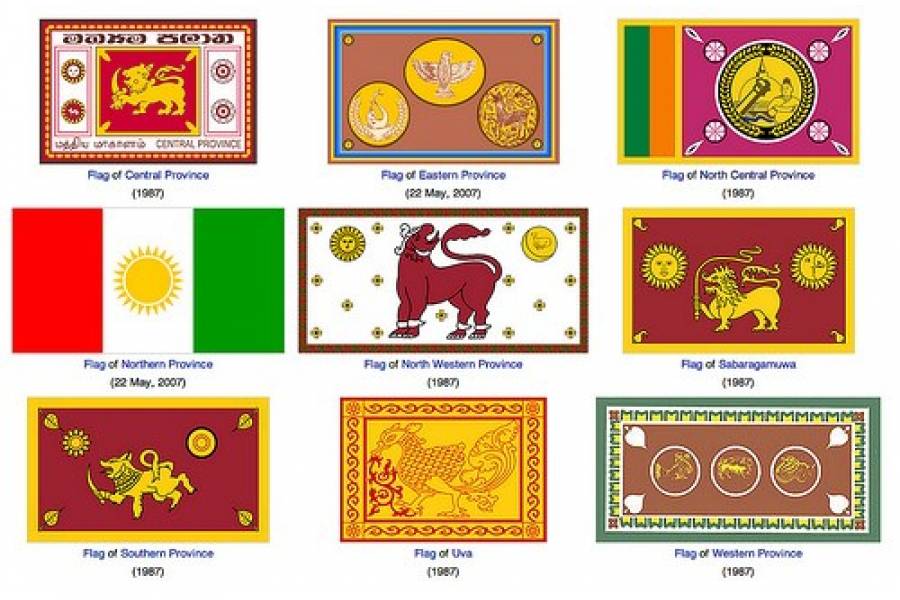Minister of Public Administration, Provincial Councils and Local Government, Chandana Abayarathna, announced that a Parliamentary Select Committee will be appointed next week to address the long-standing issue of delimitation of wards—a prerequisite for holding Provincial Council (PC) elections.
The Minister emphasised that the Government’s intention is to resolve the time frame for delimitation once the committee is in place and to conduct the elections without further delay. Under the current electoral framework, 50% of members are elected at ward level and 50% from a proportional list, a system introduced through the 2017 amendment to the Provincial Councils Elections Act.
“We need to create a system that expands democratic space by consulting all parties in Parliament and other stakeholders,” Abayarathna said. “A final decision will be reached through these discussions.”
Delimitation Report: The Core Obstacle
The delimitation report, mandated under the Provincial Councils Elections (Amendment) Act No.17 of 2017, has been at the centre of delays. The law requires the President to appoint a Delimitation Commission to redraw boundaries for equitable representation. However:
- The 2018 delimitation report, presented by then Minister Faiszer Musthapha, was unanimously rejected in Parliament, even by the Minister who tabled it.
- A review committee led by then Prime Minister Ranil Wickremesinghe failed to finalise boundaries within the stipulated two months, leaving the process incomplete.
As a result, all nine Provincial Councils have remained inactive for years, with their terms expiring between 2017 and 2019. This has created a governance vacuum at the provincial level, weakening local accountability and service delivery.
The mixed-member proportional system introduced in 2017 requires:
- 50% of members elected from wards
- 50% from a party list
This system was designed to improve representation but cannot be implemented without approved delimitation. The Government is now considering abolishing the 2017 amendment and reverting to the 1988 Provincial Councils Elections Act, which used a proportional representation system, to break the deadlock.
Timeline
According to PAFFREL, even if the Select Committee accelerates the process, elections may be delayed until June or July 2026. Opposition parties and civil society groups have criticised the Government for foot-dragging, noting that successive administrations have used delimitation as a pretext to postpone polls.
The National People’s Power (NPP) Government, which previously opposed such delays, now faces accusations of following the same path. Analysts suggest the postponement may align with planned constitutional reforms, raising concerns about the future of the Provincial Council system.
Importance of Provincial Councils
Established under the 13th Amendment to the Constitution in 1987, Provincial Councils were intended to devolve power and address ethnic tensions under the Indo-Lanka Accord. They play a crucial role in:
- Local governance and service delivery
- Regional development
- Minority representation
Failure to hold elections undermines these objectives and erodes democratic norms. India and the UN have repeatedly urged Sri Lanka to honour its commitments to devolution and reconciliation.
Minister Abayarathna’s proposal for a Select Committee is seen as a critical first step. However, whether the Government opts to complete delimitation under the 2017 law or revert to the old system will determine if elections can be held in the first half of 2026, as promised.
The resolution of delimitation issues is not just a technical matter—it is a test of Sri Lanka’s commitment to democratic governance and constitutional obligations. The coming months will reveal whether the Government prioritises electoral reform or continues the cycle of delay.
( With the inputs from Ceylon Today )
